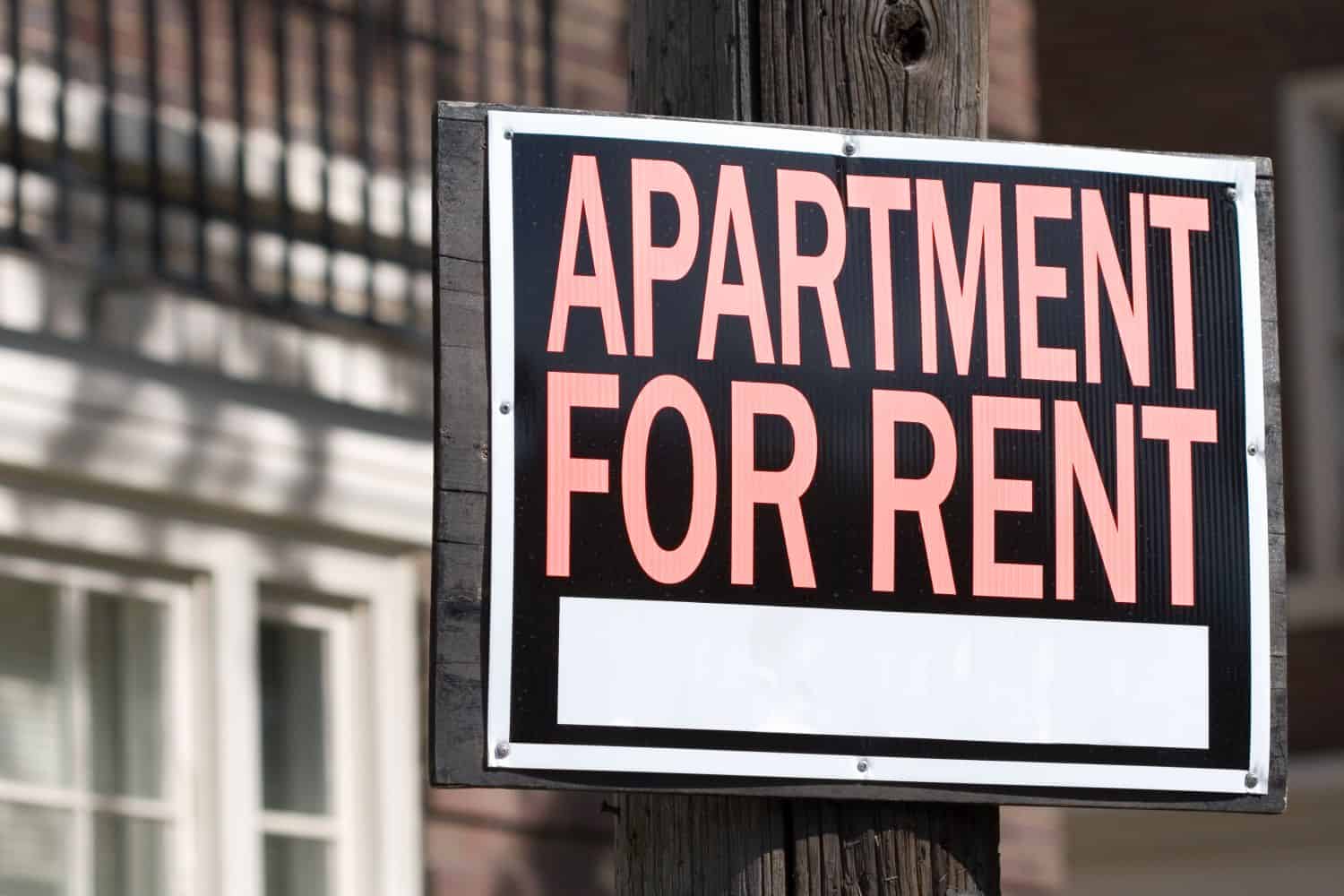'Higher-risk applicants are falling deeper into debt, and lower-risk applicants are actually in a better financial position than they were last year.'

Most South Africans are in danger, as most of their salaries go towards rent, transport, and debt, leaving them with little to save.
A recent report has revealed that most tenants have been keeping up with their rental payments; however, this may change quickly as residential rent continues to increase at a rate higher than inflation.
The PayProp Rental Index for the second quarter of 2025 indicates that rent has increased by 5% year-on-year, and 16.9% of tenants are behind on their rent payments.
PayProp uses data from actual rental payments made through its platform to gather information on rental income and arrears.
ALSO READ: More South Africans rent, but arrears and tenant risk rise
Rent arrears
The index shows that average rent in the country has increased to R9 218 in the second quarter, R433 higher than the same period in 2024, and R86 higher than the first quarter of 2025.
“The share of tenants who were behind on rent fell to 16.9% nationally, the lowest level ever recorded in the PayProp Rental Index,” said Andre van Rooyen, head of sales at PayProp.
“Average arrears percentage also fell to 73.3%, breaking the former record of 74% in Quarter three 2023.”
He added that tenants’ finances have held up well despite increases in fuel and electricity prices in the first quarter of the year.
Tenants heading for more debt
The index indicates that rental applicants now spend an average of 52.1% of their income on debt repayments, up from 46.7% in the second quarter of 2024.
Also, applicants have less disposable income than they did a year ago. “This makes them less resilient to financial shocks and potentially more likely to fall into arrears,” he added.
“Higher-risk applicants are falling deeper into debt, and lower-risk applicants are actually in a better financial position than they were last year.”
Van Rooyen highlighted that minimum-risk and low-risk applicants spend 36% of their income on debt repayments, down from 37.4% in the second quarter of 2024. This group also spend less of their income on rent.
ALSO READ: Average rent in Gauteng tops R9k: How do other provinces measure up?
Rent per province
According to the index, the Western Cape is the most expensive province to rent a place in, while the North West is the cheapest.
Here are the provinces’ average rentals from high to low:
- Western Cape – R11 454
- Northern Cape – R10 122
- KwaZulu-Natal – R9 272
- Gauteng – R9 239
- Limpopo – R9 145
- Mpumalanga – R8 493
- Eastern Cape – R7 517
- Free State – R7 285
- North West – R7 125
Tenants behind on rent per province
According to the index, the Free State has the highest number of tenants who are behind on rent, while the Western Cape has the lowest.
Here are the provinces from high to low:
- Free State – 20.3%
- Eastern Cape – 19.5%
- Mpumalanga – 19.5%
- North West – 19.5%
- KwaZulu-Natal – 19.3%
- Northern Cape – 18.7%
- Limpopo – 17%
- Gauteng – 15.5%
- Western Cape – 13.5%
NOW READ: Here’s a list of what your landlord is responsible for in your rented flat






